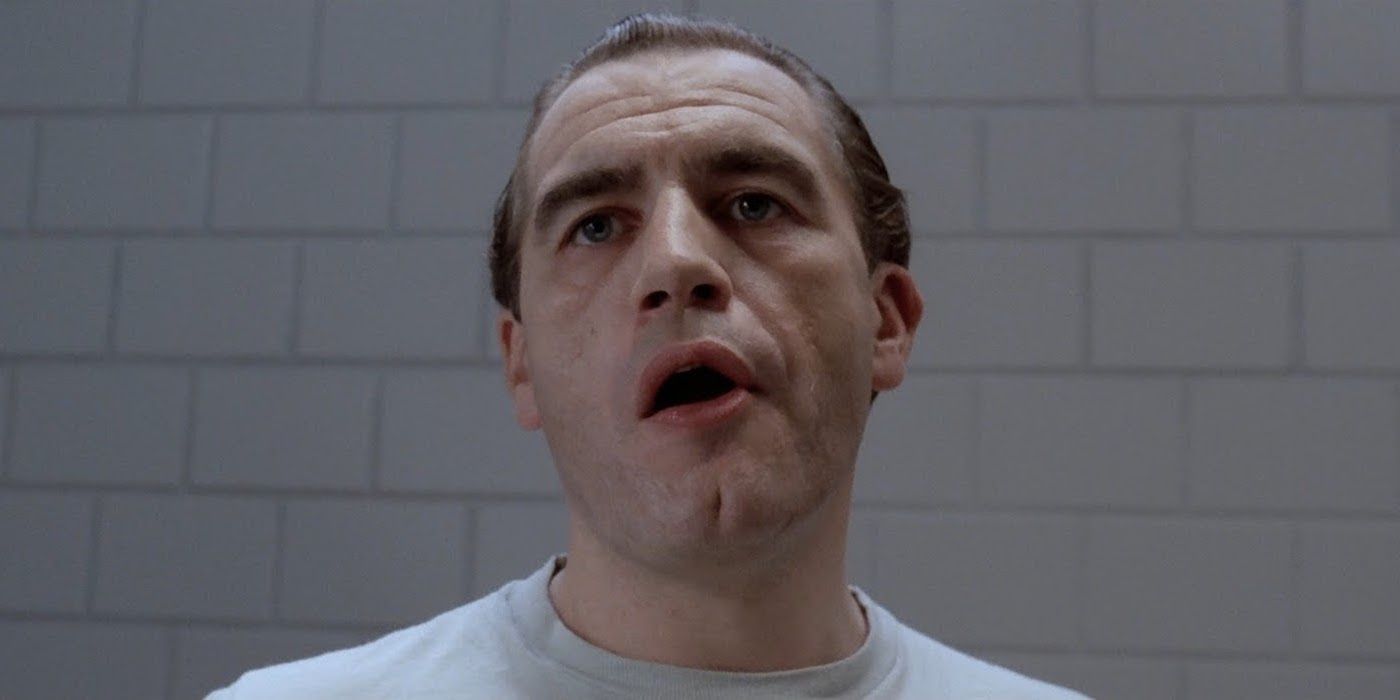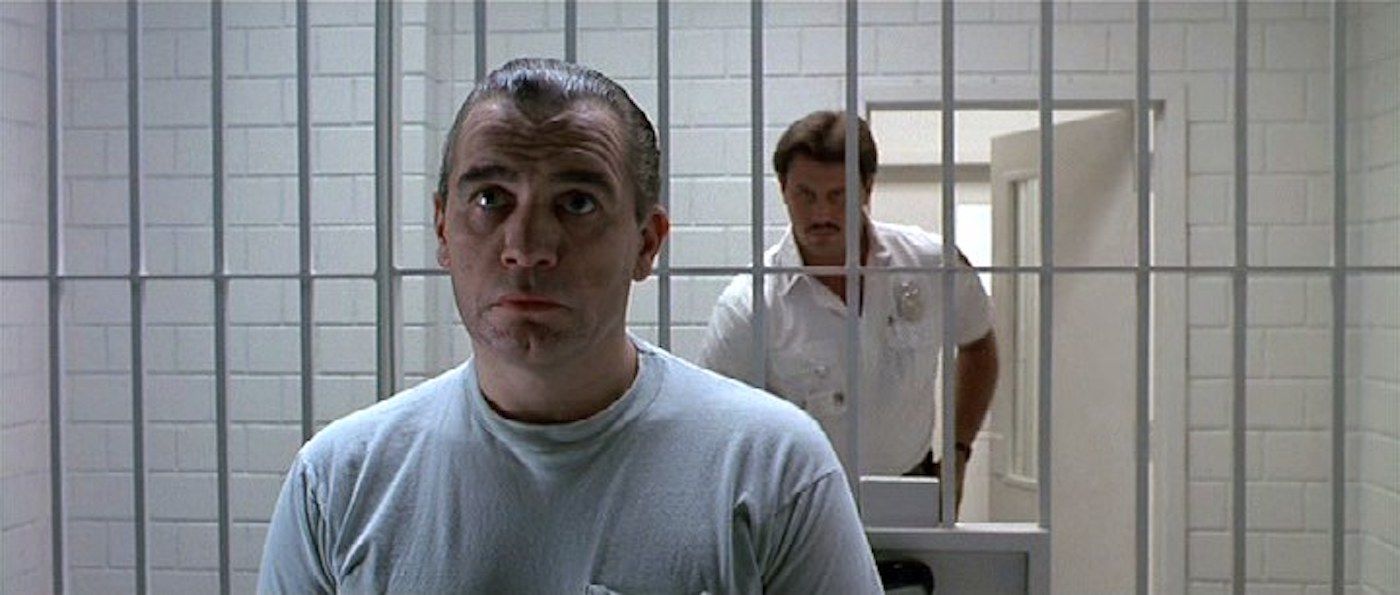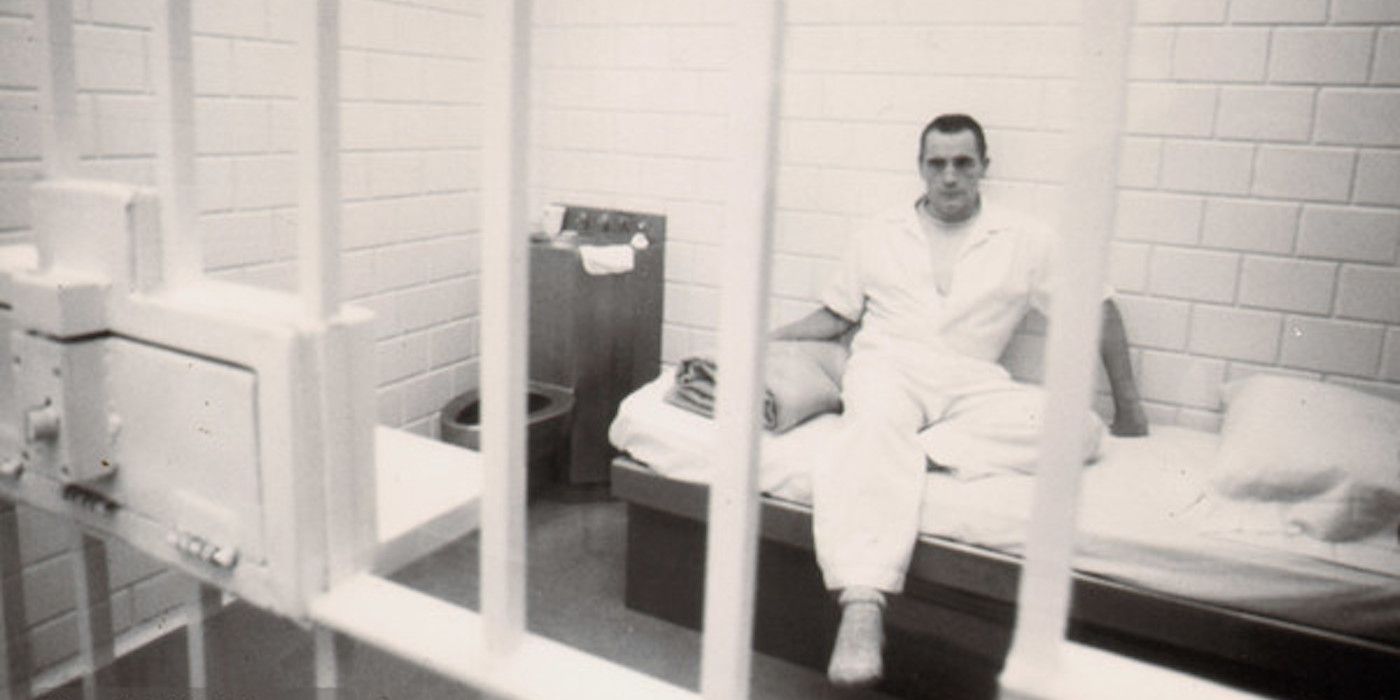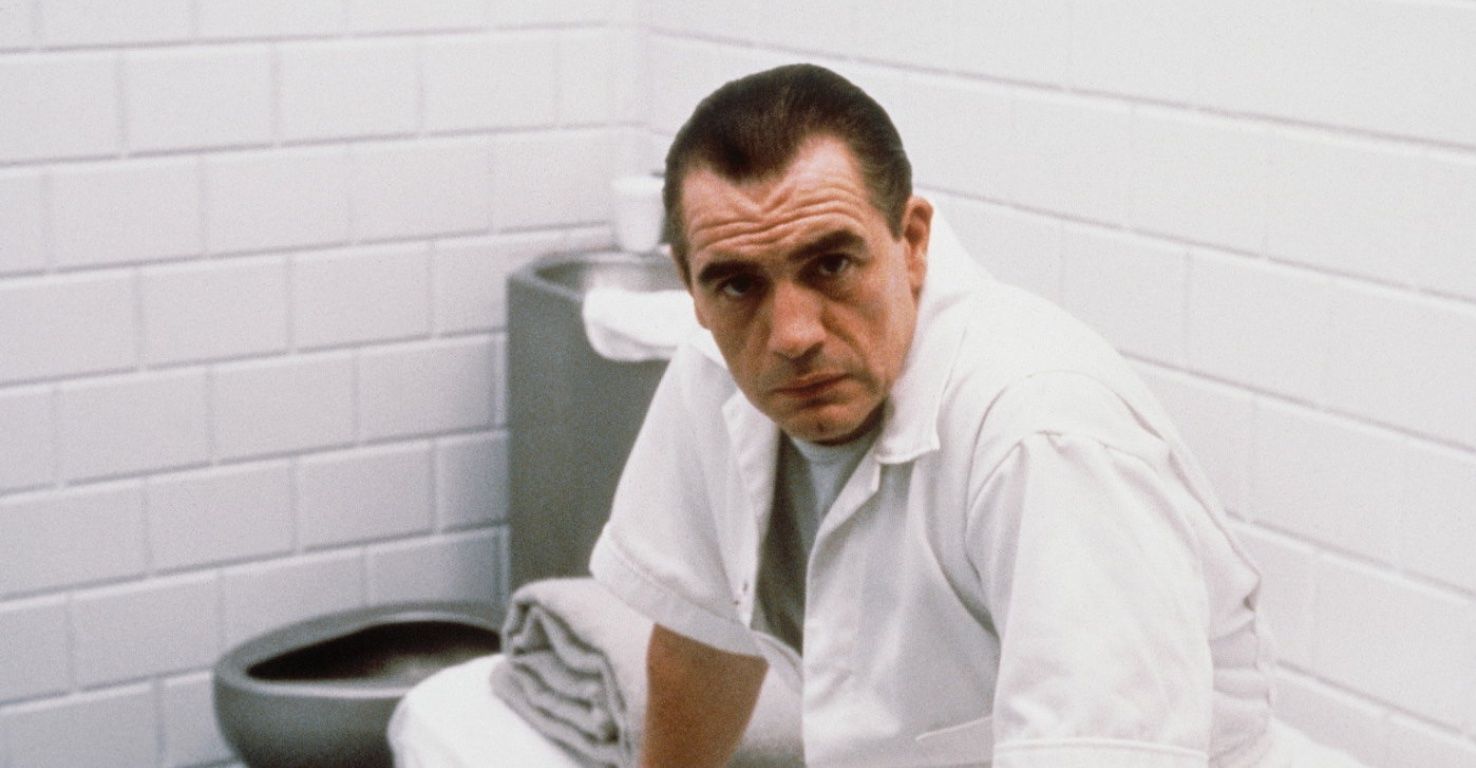It has been 41 years since Thomas Harris unleashed the terrifying psychiatrist turned cannibalistic serial killer Hannibal Lecter onto the world in his classic 1981 novel Red Dragon, and since then he has evolved to become of the most iconic villains in all of fiction. His portrayal by Anthony Hopkins in the 1991 film The Silence of the Lambs established him as one of the great villains of the silver screen, while Mads Mikkelsen’s equally brilliant performance in the cult favorite Hannibal did the same for television. With two legendary depictions of the character, it’s not surprising this his first appearance would fall into the depths of obscurity, relegated to being just an amusing sidenote while his successors continue to garner praise. The performance in question is Brian Cox in the 1986 film Manhunter, a woefully overlooked depiction that deserves better than being lost in the shadow of subsequent portrayals. Cox’s performance offers a unique version of the character that is more than capable of sharing the limelight with Hopkins and Mikkelsen and is long overdue the recognition it deserves.
Manhunter is a film packed with overlooked elements. From its stylized cinematography whose distinctive use of color tells us more about the emotions of a scene than words ever could, to William Petersen’s fantastic performance as FBI Agent Will Graham (a character who constantly walks the line between hero and villain), Michael Mann’s adaptation of Harris’s novel remains one of the greatest depictions of his work. The film follows the source material closely, recounting Graham’s hunt for a serial killer known as the Tooth Fairy (Tom Noonan). To accomplish this, he enlists the help of Hannibal Lecktor (the first of many spelling changes), an incarcerated killer who Graham helped capture in an event that left him deeply traumatized. The novel was adapted again in 2002 under its original name and with Hopkins in the role of Lecter, a decision that proves helpful when contrasting two different portrayals of the same character. While it might seem like a fool’s errand to compare anything to one of the most iconic performances in all of cinema, there’s far more to Cox's portrayal than one might suspect.
Brian Cox Makes Hannibal Even More Horrifying
For starters, he’s a far more unlikeable character. That might sound like a strange thing to say when discussing a homicidal maniac, but there’s a façade of politeness to other depictions of the character that Cox’s version lacks entirely. Both Hopkins and Mikkelsen bring a pleasant and almost seductive quality to the role, allowing them to bury deep into someone’s psyche to commit the most heinous crimes imaginable. If they’re playing a character who can convince someone to cut their own face off with words alone, Cox’s portrayal would cause someone to do it just so they didn’t have to hear him talk anymore. He’s arrogant, rude, and aggressively egotistical. During his first meeting with Graham he appears bored by the whole encounter, only perking up when Graham mentions that he’s read an article Lecktor wrote.
While he agrees to look at the file on the recent killings, he does so only after antagonizing Graham in a manner that would push even the most composed people to violence. Graham would be well within his right to slam the cell door in his face and never see him again, but he still gives Lecktor what he wants, revealing a cunning to Cox’s portrayal that his successors lacked. He may give the appearance of only ever half-listening, but the truth is far more complex. This is a character who is always scheming, and there’s never a situation that ends any way other than how he had intended. His ability to get everything he wants without anyone even realizing it is frightening and segues into the most terrifying aspect of his portrayal.
Brian Cox Feels Realer Than Other Interpretations
While other versions of Lecter have an overtly theatrical element to them, dancing on the thin line between horrific and comedic, Cox is firmly rooted in reality. Hopkins’ depiction, with his eloquent vocabulary and congenial demeanor, all the while forcing someone to eat their own brain while classical music plays in the background, makes for a terrifying character who is certain to haunt the nightmares of everyone unfortunate enough to meet him, but that’s all he is. A character. Someone whose lavish characterization seems tailor-made for the big screen, but is too exaggerated to imagine actually existing. Cox, meanwhile, opts for a more restrained performance, and the result is the most frighteningly real version of Hannibal Lecter that has ever existed. Gone are the overdone mannerisms, replaced by a plainspoken and grounded character who bears an uncanny resemblance to real-life killers.
Given Lecktor’s almost mythical status, it might be disappointing to learn that the infamous killer acts more like an annoying next-door neighbor than the melodramatic killer that his reputation suggests, but it’s exactly this contrast that makes him so scary. One of the most terrifying things in the world is how the most normal of people can commit the vilest of crimes, with some of the worst people in history also being some of the most charismatic and charming you could ever meet. It’s a feeling that Cox taps into perfectly, and you’ll often find yourself forgetting that he is anything other than just another white-collar criminal, only for the truth to come crashing down upon you as Graham recounts the unimaginable crimes he has committed. This restraint also extends to how he is presented, with all his scenes taking place in a plain white cell that’s a far cry from the stylized sets Hopkins’s version inhabited. It gives the character a strange sense of mundanity, as though criminals of his nature are just par for the course in this hellish world Harris has created. If future versions of Lecter seemed designed to attract horror aficionados as they search for their next thrill, Cox’s version looks like he belongs in a true-crime documentary about the man two houses down who everyone thought was just another guy - and there’s nothing more terrifying than that.
By the time the 2002 version of Red Dragon hit cinemas, Hopkins had already played the role twice (one of which had earned him the Academy Award for Best Actor). As such, his role was greatly expanded when compared to both Manhunter and the original novel, hoping to capitalize on the success of an already legendary performance. Numerous additional scenes were created detailing Lecter’s involvement with the Tooth Fairy, and a new prologue was created that reveals how Graham captured Lecter in the first place. While these additions are entertaining, the increased screentime robs him of the mystic that made him such a fascinating character in previous versions.
Cox's Hannibal Is a Mystery
Cox’s portrayal, meanwhile, basks in the mystic, appearing in only a brief few scenes across the film’s two-hour runtime. We never see him do much of anything except antagonize everyone who walks past his cell, with his litany of crimes existing only in the shadows as though they’re too evil to even speak about. It’s ironic, then, that Lecktor’s cell is shadow-free, with the camera making no attempt to hide the deranged killer. Instead, the mystic comes entirely from Cox’s performance, who manages to give the impression of a character with decades worth of crimes under his belt entirely from the way he composes himself. It’s impressive that Lecktor manages to exert such influence over the film despite never leaving his cell, with his minimal screen time that appears to have been edited to within an inch of its life only adding to this feeling. What we don’t see is always scarier than what we do, and Cox’s depiction is the perfect example of such.
Anthony Hopkins’s portrayal of Hannibal Lecter is one of the most famous performances in all of cinema, and for good reason. Right from his first appearance, standing to attention as Jodie Foster’s Clarice Starling approaches his cell as though he’s been waiting for her his whole life, you know you’re in for a performance like no other. Mads Mikkelsen’s turn, by contrast, plays more into the seductive quality of the character, treating him as someone who can slither his way into the darkest corners of your mind while convincing you that this is exactly what you want. Brian Cox doesn’t do either, instead opting for a more nuanced performance without any of the theatricality of his successors.
It can seem a bit plain in comparison, and given how synonymous Hopkins and Mikkelsen have become with the role, it’s understandable that Cox’s performance would be harder for a contemporary audience to accept who have become accustomed to a more "traditional" version of the character. But Cox’s grounded approach gives him an authenticity all other versions lacked, making him by far the scariest Hannibal Lecter to have ever been. It’s a testament to all three actors that they can bring such differing flavors to the same role, and while the two most famous Lecters will continue to garner much deserved praise over the coming years, let’s not forget Brian Cox’s equally impressive portrayal.




